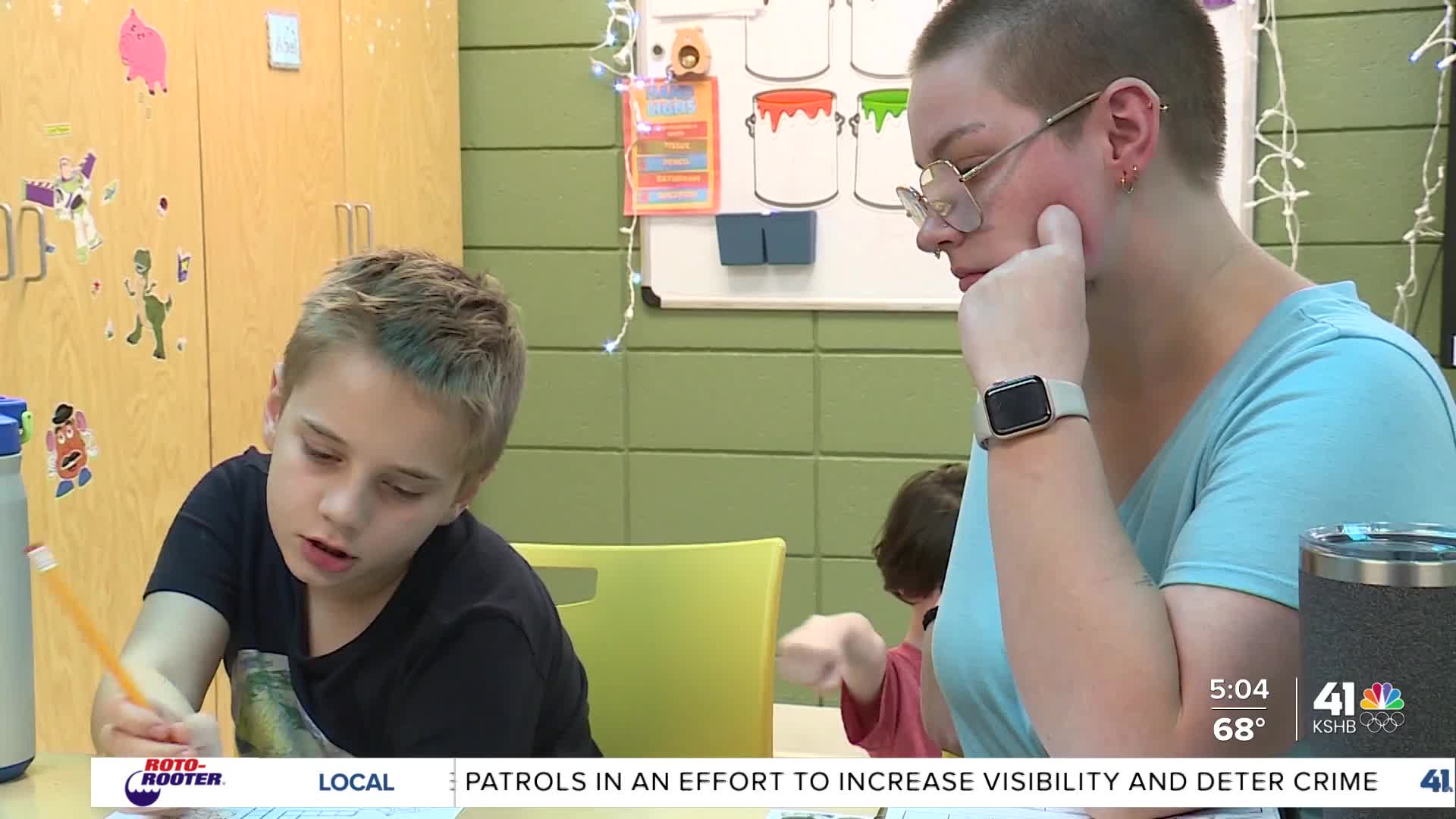KANSAS CITY, Mo. — A big announcement from the White House on Monday warned pregnant women about taking acetaminophen, an active ingredient in Tylenol, as it could be linked to autism in children.
According to the Centers for Disease Control and Prevention, autism spectrum disorder affects 1 in 31 children in the U.S.

“Don’t take Tylenol. Don’t take it. Fight like hell not to take it,” Trump said.
Since the announcement, many organizations, including the American College of OBGYN's, have rejected the administration’s claim.
Steven J. Fleishman, MD, MBA, FACOG, president of the American College of Obstetricians and Gynecologists, released a statement saying in part:
“In more than two decades of research on the use of acetaminophen in pregnancy, not a single reputable study has successfully concluded that the use of acetaminophen in any trimester of pregnancy causes neurodevelopmental disorders in children. In fact, the two highest-quality studies on this subject—one of which was published in JAMA last year—found no significant associations between use of acetaminophen during pregnancy and children’s risk of autism, ADHD, or intellectual disability…”
The statement goes on to say acetaminophen is one the few safe options available to pregnant patients to treat pain and fever, which can be harmful to them if left untreated.

"It's almost certain that this is going to cause a lot more confusion when you're receiving fragmented and dissenting messaging from our public health officials," said Professor of Epidemiology and Biostatistics at Drexel University, Dr. Brian Lee.
Experts say determining a lone environmental reason for autism is difficult, but genetics is a scientifically backed factor.

“There’s a lot of different genetic markers that suggest different ideologies. And there’s a lot of different environmental factors that can play into child development that then leads to autism diagnosis,” said Brandi Hodges, a Board Certified Behavior Analyst at Kansas City Autism Training Center.
At the Kansas City Autism Training Center, children on the autism spectrum get evidence-based intervention and treatment. Staff understands no two students are the same, and challenges can look a lot of different ways.

“An announcement like this is kind of adding an emotional toll and stress on families when really their focus should be on trying to do what’s best to help their child,” said Hodges.
Aaron Kirby, a dad to children with autism, understands this emotional toll.

“As a father, it weighs pretty heavily, cause you always wonder with all of this extra noise, was there something that my wife and I did prenatal that may have caused this diagnosis?” said Kirby.
Kansas City Autism Training Center says whatever conversations may be happening on the outside, their focus will always be the students they serve within their four walls.
“Not worrying so much about a cure and focusing more on what skills we can teach and how we can help support families and help those children live their lives to the fullest,” said Hodges.
—
KSHB 41 anchor/reporter JuYeon Kim covers agricultural issues and the fentanyl crisis. Share your story idea with JuYeon.




